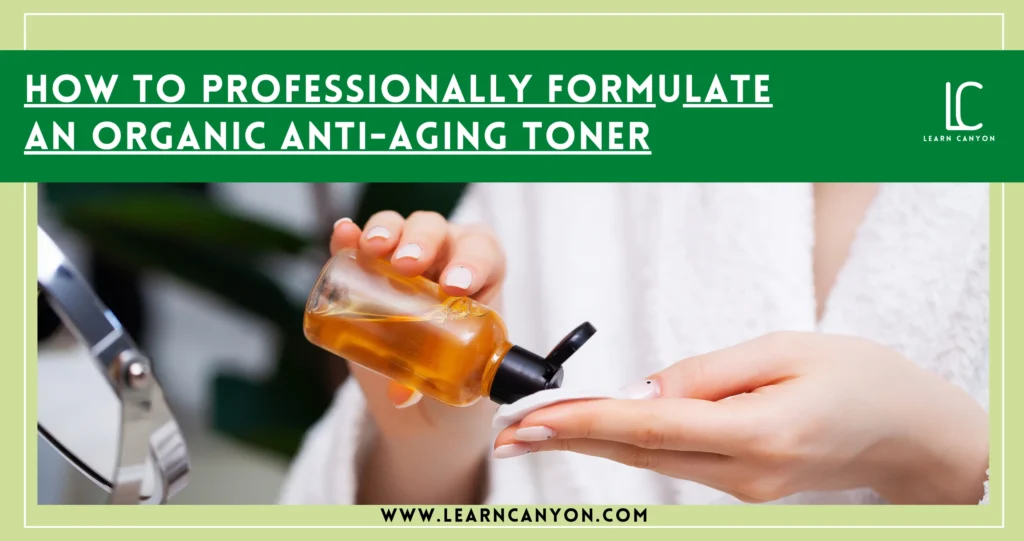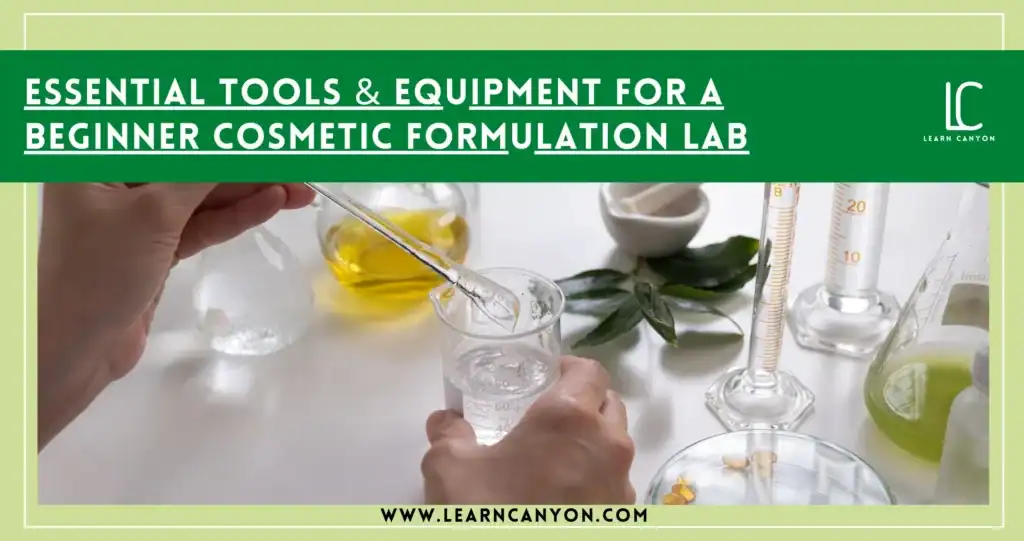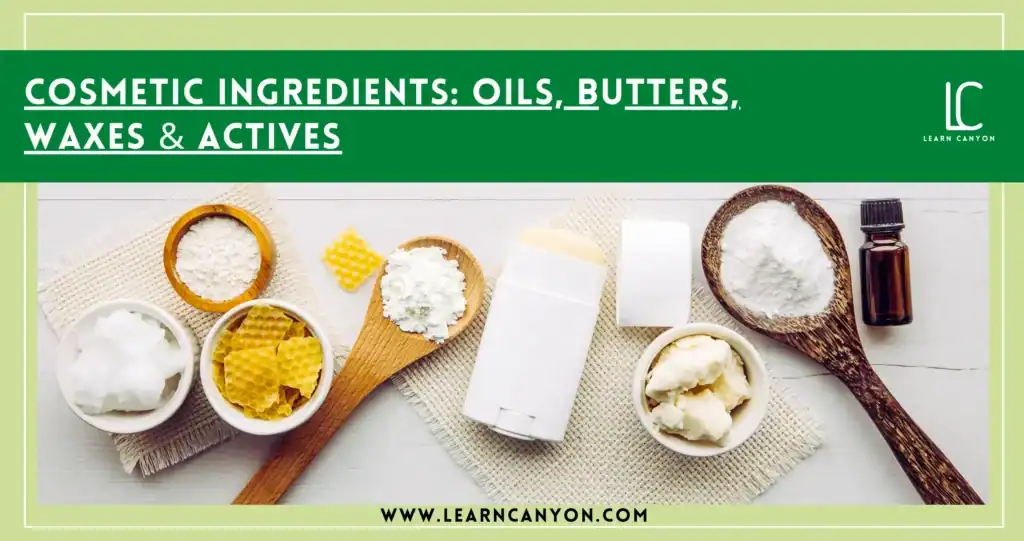Absolutely! One of the greatest benefits of aging is the wealth of experience that comes with it. Older individuals often possess a clearer perspective on life, allowing them to prioritize what truly matters.
Certainly! The concept of anti-aging refers to techniques and strategies aimed at delaying, preventing, or reversing the aging process.
What aging Means is a drop in cellular health and death of cells which causes loss in skin elasticity?
Cellular Health: Our bodies are made up of cells, which are essential for overall function. As we age, the production of new cells decreases, leading to visible signs of aging.
Cell Death: As cells die and regenerate less effectively, this contributes to issues like sagging skin, wrinkles, and uneven texture.
It is importance to make use of Anti-Aging Skincare like anti-aging Toner in regular skincare routine. The main focus of an anti-aging skincare product like toners is that it is meant for the Prevention of cell death and Regeneration of healthy cells
Prevention: Anti-aging techniques focus on maintaining skin elasticity and resilience, helping to prevent premature aging.
Regeneration: By promoting healthy cell turnover and function, anti-aging toners aim to support the body’s natural processes.
Incorporating anti-aging products in skin care practices, such as proper organic anti-aging toner can significantly impact how we age, helping us maintain a youthful appearance and vitality.
It is imperative that one understands the reasons why one should choose an organic anti-aging formulation. Incorporating an organic anti-aging toner into your skincare routine can enhance overall skin health and contribute to a more youthful complexion.
Highlights of organic ingredients are that they are;
Gentle Ingredients: Organic toners often use natural ingredients that are less likely to irritate the skin, making them suitable for sensitive skin types.
Non-Toxic: Organic products are typically free from harmful chemicals and synthetic additives, making them a safer choice for long-term use.
Eco-Friendly: Choosing organic products supports sustainable farming practices, benefiting both the environment and your skin.
Understanding the Role of Anti-Aging Toners
Incorporating a toner into your anti-aging skincare routine can significantly enhance skin health, improve the effectiveness of other products, and help maintain a youthful appearance.
Toners play a vital role in an effective anti-aging skincare routine. Their contribution can be attributed to some of the following points:
They help balance the pH of the skin: After cleansing, toners help restore the skin’s natural pH level, which can enhance its overall health and resilience.
They are packed with ingredients that provide hydration: Many toners contain hydrating ingredients that help to replenish moisture, making the skin look plumper and reducing the appearance of fine lines.
They help prepping the Skin: Toners prepare the skin to better absorb subsequent skincare products, such as serums and moisturizers, enhancing their effectiveness.
They help skin Exfoliation: Some toners contain gentle exfoliating agents like Alpha Hydroxy Acids (AHAs) or Beta Hydroxy Acids (BHAs) that promote cell turnover, reducing the visibility of wrinkles and improving skin texture.
They provide Antioxidant Protection: Many toners are infused with antioxidants that help protect the skin from environmental damage and free radicals, which can accelerate aging.
Toners are meant to minimise Pores: Toners can help tighten and minimize the appearance of pores, leading to a smoother complexion.
They are anti-inflammatory and possess skin soothing Properties: Formulations with calming and anti-inflammatory ingredients can reduce redness and irritation, promoting an even skin tone.
So what are Toners made up of or what are the key Components of an Organic Anti-Aging Toner….
Humectants for Skin Hydration: Many organic toners contain hydrating elements like Aloe Vera, glycerine, hydrosols or rose water, which help maintain moisture and elasticity, reducing the appearance of fine lines.
Antioxidants: Organic ingredients like green tea or chamomile provide antioxidant properties that protect the skin from environmental stressors and help in neutralising the free radicals that cause aging and hence help promoting a youthful appearance.
Actives that help Skin Regeneration: Ingredients like witch hazel or botanical extracts can promote cell turnover and regeneration, helping to reduce signs of aging.
A typical organic toner would contain a list of ingredients listed below.
For your ease we have listed Minimum to maximum percentage ranges for each component and a few examples of each.
| Ingredients | Properties | Percentage |
| Water or Hydrosols | (50-80%) | |
| Aloe Vera Juice | soothing and hydrating | |
| Rose Water | calming and anti-inflammatory | |
| Humectants | (5-10%) | |
| Glycerin | Moisturizing | |
| Hyaluronic Acid | plumping and hydrating | |
| Anti-Aging Actives | (5-15%) | |
| Vitamin C | brightening and collagen-boosting | |
| Niacinamide | wrinkle reduction and skin barrier support | |
| Botanical Extracts | (2-5%) | |
| Green Tea Extract | Antooxidant | |
| Licorice Root Extract | brightening and soothing | |
| Essential Oils | (0.1-0.5%) | |
| Lavender Oil | soothing and anti-inflammatory | |
| Frankincense Oil | Regenerative | |
| Preservatives | (0.5-1%) | |
| Leucidal | natural preservative | |
| Geogard | broad-spectrum preservative |
Now let us understand what each of the ingredient is doing in the formulation.
Water: Distilled water that is free from impurities should be employed for cosmetics formulations. It generally serves as a vehicle for the active ingredients.
Hydrosol: Hydrosols is the water left over after extracting an essential oil from a plant using water/steam distillation is known as a hydrosol. Fresh leaves, fruits, flowers, and other plant materials are distilled to make hydrosols, commonly known as “flower waters.” These aromatic fluids have qualities that are similar to essential oils but are much less concentrated.
Aloe Vera juice: Aloe Vera juice is one of the most commonly used herb for skincare formulations and is considered the “MAGIC Herb”. It is so due to its potential to alleviate many common skin disorders. The plant’s gel-like component is used to make the juice and is used as an anti-inflammatory agent. This helps to soothe the skin which is a major action expected of a toner,
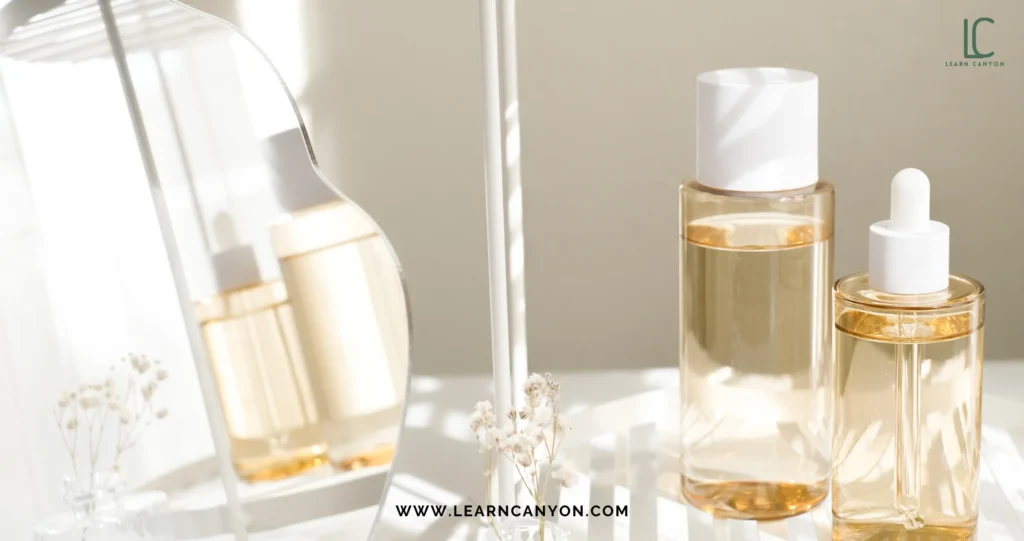
Rose Water: Rose water provides a lot of moisture to the skin.
Its antioxidant and antibacterial capabilities strengthen the skin’s barrier while reducing transdermal water loss. Rose water is highly hydrating when mixed with other moisturizing substances like ceramides or glycerin. Rose water is high in vitamin A and C, as well as a good antioxidant that protects the skin from free radicals, making it a popular anti-aging ingredient.
Glycerine: it is a traditional humectant that helps maintain the skin moisture that prevents dehydration or excessive dryness of the epidermis. This hydration also helps maintain cell layer elasticity and in turn prevents wrinkles. Hence glycerine acts as an anti-aging ingredient.
Hyaluronic Acid: As a humectant, hyaluronic acid absorbs moisture from both deep within and outside the skin barrier, resulting in optimal hydration. It helps to minimize wrinkles and fine lines. Collagen and elastin fibres are present in our skin in the form of hyaluronic acid. Collagen and elastin proteins are responsible for the tightness, firmness, and elasticity of your skin. Hyaluronic acid absorbs1000 times more water, which helps to keep the skin hydrated.
Hyaluronic Acid keeps your face moisturized, supple, and hydrated.
Vitamin C: Vitamin C is great for every skin type. It brightens the skin, reduces hyperpigmentation, hydrates it, stimulates collagen synthesis, making the skin luminous, soft, and supple, and promotes wound healing.
Vitamin C has a crucial function in collagen formation. As we age, collagen production decreases, and our skin loses suppleness.
It also prevents excess oil from clogging the pores, keeping the skin clean, moisturized, and rejuvenated throughout the day.
Niacinamide: Niacinamide is a kind of vitamin B3 (niacin), which is one of the eight vitamin B required for maintaining optimal skin health.
It is a water soluble vitamin that helps clear blemishes and brightens the skin.
Niacinamide has been demonstrated to have anti-inflammatory benefits on the skin when applied topically. It is used to treat skin diseases like acne and rosacea, a redness-related facial skin disorder.
Green Tea Extract: Camellia sinensis leaf extract is an extract of the leaves of the ever green shrub, camellia sinensis. The basic compounds found in green tea are polyphenols and methylxanthines (such as caffeine, theobromine, and theophylline).
Green tea extract is a cosmetic ingredient that works well for various skin types, thanks to its versatile properties. It has a soothing effect on sensitive skin, reducing irritation and inflammation. For mature skin, green tea extract provides potent antioxidants that combat signs of aging.
Rich in antioxidants, it helps protect the skin, nourish it, and maintain a healthy appearance.
The antioxidant in Green tea neutralize harmful free radicals and help slow down the aging processes of the skin.
Green tea extract helps reduce inflammation and skin irritation, making it particularly beneficial for problematic and acne-prone skin.
Regular use of cosmetics with green tea extract can help improve the firmness and elasticity of the skin, resulting in a younger and healthier appearance.
Green tea provide excellent hydration, nourishment, and regeneration for the skin while helping to combat imperfections.
Green tea extract is a true elixir of youth for our skin. Green tea works to firm the skin and improve its elasticity.
Licorice Root Extract: Licorice Root Extract is a natural supplement obtained from the root of the Glycyrrhiza glabra plant. This botanical extract is valued for its ability to soothe the skin and reduce inflammation. Glycyrrhiza glabra Root Extract contains active ingredients such as glycyrrhizic acid and flavonoids, which help reduce redness, irritation, and inflammation, making it ideal for sensitive and troubled skin. It appears as a pale yellow to brownish liquid and is commonly used in anti-aging skincare toners to produce a calm and revitalized complexion.
Lavender Oil: Lavender oil contains a high concentration of antioxidants and other phytochemicals, making it an ideal substance for defying age and providing anti-aging benefits. Lavender oil in a toner helps to firm the facial skin, tighten the pores, and diminish wrinkles. It removes toxins and free radicals, resulting in a smooth and youthful-looking complexion. It can also improve the skin’s suppleness.
Frankincense oil: Frankincense essential oil is a strong antioxidant that helps to halt the aging process. This is mainly because it decreases inflammation in the body, which can lead to accelerated aging.
Frankincense oil is a potent anti-inflammatory that can help relieve skin inflammation. It can also help to minimize the appearance of scars, stretch marks, and age spots.
Leucidal: Leucidal is a naturally occurring preservative obtained from fermented radishes. It is used to inhibit the growth of germs in skincare formulations , specifically bacteria and fungi. It is a water-soluble component with heat stability up to 70°C. It is colorless and odorless, and it functions best at pH levels ranging from 3 to 8. Preservatives typically have a single duty in safeguarding a product from microbial development; however, Leucidal has the extra benefit of contributing to the moisturizing properties.
Geogard: It is a liquid, natural broad-spectrum preservative. It’s also known as Geogard ECT, Mikrokill ECT, and Plantaserv M.
This antimicrobial blend’s innovative formulation provides broad spectrum protection in a variety of products against Gram-positive and Gram-negative bacteria, yeast, and molds. It also has a low odor profile, making it suitable for fragrance-free and fragrance-sensitive systems.
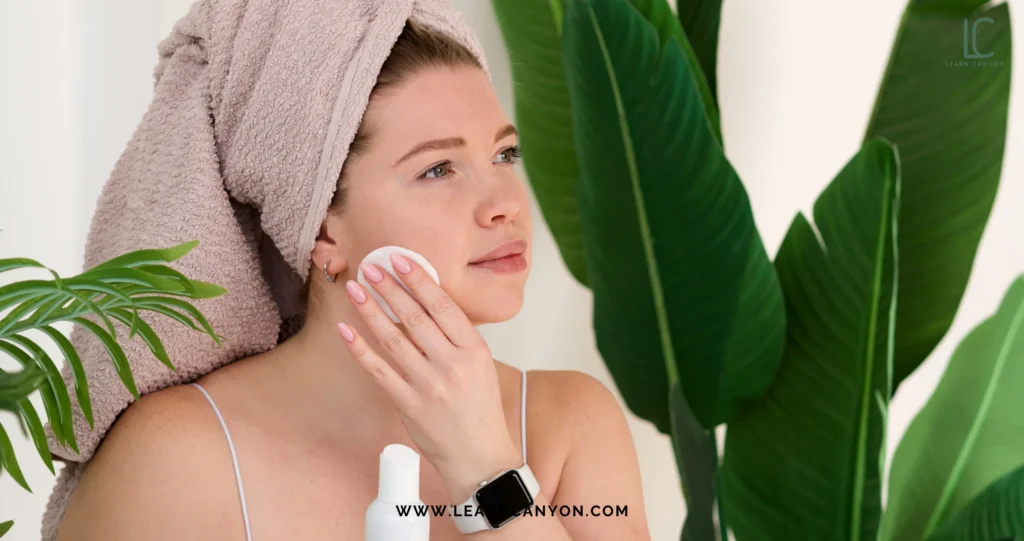
The Step-by-Step Formulation Process
Sanitation and Preparation
A clean workspace and sanitized equipment are crucial in cosmetic manufacturing to ensure product safety and quality. Contaminants like bacteria, fungi, and other microorganisms can compromise product integrity, leading to potential skin infections or allergic reactions for consumers. Proper sanitation prevents cross-contamination, maintains product consistency, and complies with regulatory standards, thereby protecting both the consumer and the brand’s reputation.
· Start by preparing your workplace by cleaning and sanitising the platforms and the equipment.
· You must also maintain personal hygiene and Wear clean lab coats, hairnets, gloves, and face masks to prevent contamination.
· Ensure the workspace is well-ventilated.
· Maintain a controlled temperature and humidity level as required for cosmetic formulation
Measuring and Mixing
Start by measuring all the ingredients separately. Measure the water or hydrosol base or the water soluble ingredients.
Now you can add the other ingredients like humectants like hyaluronic acid or glycerine and mixing thoroughly by stirring with a glass rod.
Incorporating Actives and Extracts
Once the basic water phase is homogenised now is the time to add the anti-aging actives and botanical extracts.
To ensuring proper dissolution and homogenization a little high speed mixing can be done using a hand blender.
Essential Oils and Preservatives
The last but not the least important step is to incorporate the essential oils and preservatives. Always add the essential oils drop by drop under stirring. Lastly, mix in the preservatives and ensuring it is evenly distributed.
Final Adjustments and pH Balancing
Once the final mixing is done check the pH of the formulation with a litmus strip or a pH meter. The pH should be in between 4.5 to 5.5. pH can be adjusted as per the requirements with the help of a weak acid like citric acid if the formulation is more alkaline or a weak base if it is vice versa.
Packaging and Storage
Selecting a suitable packing material is of utmost important. Make sure your selection is environment friendly and easy to use.
The package must protect the inner product from the external environmental factors, contaminants and direct sunlight.
It is recommended to store the product in clean and dry area away from sunlight. This will maintain the product integrity and efficacy while also extending the shelf life.
Tips for Customizing Your Toner
Based on the above formulation one can customise the product according to your specific needs like different skin types like in case of sensitive skin be careful when adding the actives like Licorice which can cause irritation if added in excess quantities.
Adding specific actives like which hazel, kakadu plum, lemon balm, cucumber, tocopherol, etc can be used for special targeted concerns.
Experimenting with different hydrosols like rosehip, cucumber, calendula, etc and essential oils like lemon oil, orange, etc can be used for variations in fragrance can be certainly tried.
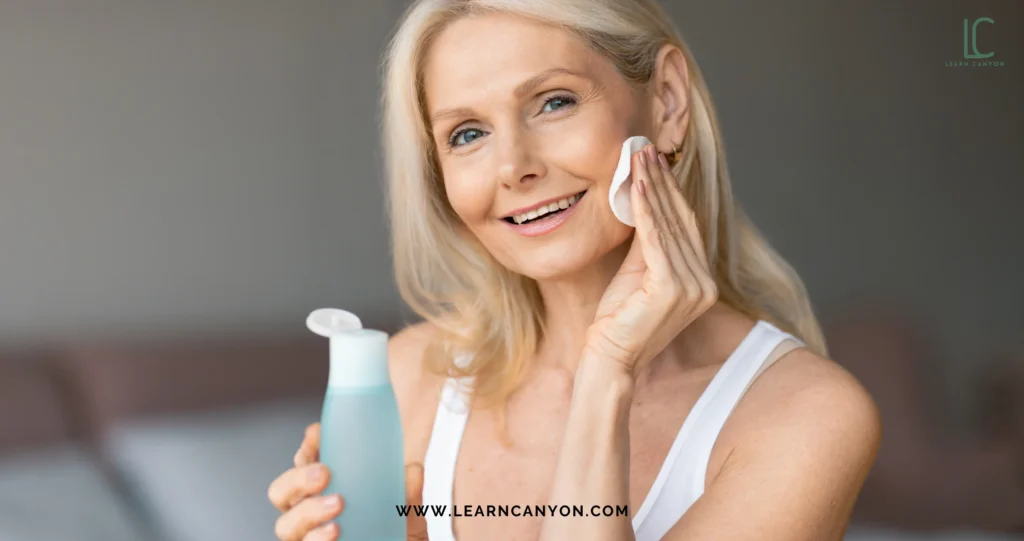
Testing and Quality Control
Stability testing of every formulation is essential to ensure product safety, efficacy, and quality over time. Key reasons include:
Shelf Life: Determines how long the toner remains effective and safe for use.
Consistency: Ensures the toner maintains its intended appearance, fragrance, and texture.
Safety: Identifies any potential harmful changes, such as microbial growth or ingredient degradation.
To achieve these the product should be subjected to accelerated stability tests like observing the product when kept at different temperatures like room temperature, freezing temperature and extremely hot temperatures of 55 deg. Celcius.
If the product does not lose its integrity the product is considered stable.
Regulatory Compliance: Products must meets industry standards and legal requirements for cosmetic products.
Customer Satisfaction: Ensures that consumers receive a reliable and effective product.
Conducting patch tests for safety: Always conduct patch test by applying the product over a small area under the wrist and observe it for 24 hrs. if there is no adverse reaction like redness or itching the product is considered safe for use. Monitoring the toner over time for any changes.
Conclusion:
In conclusion, an anti-aging toner is a vital addition to a skincare routine, designed to promote a youthful, revitalized complexion. By incorporating ingredients that hydrate, soothe, and target signs of aging, such as fine lines and wrinkles, an anti-aging toner helps to enhance skin texture, firmness, and overall radiance. Consistent use can result in visibly healthier and more resilient skin, providing both immediate and long-term benefits.




